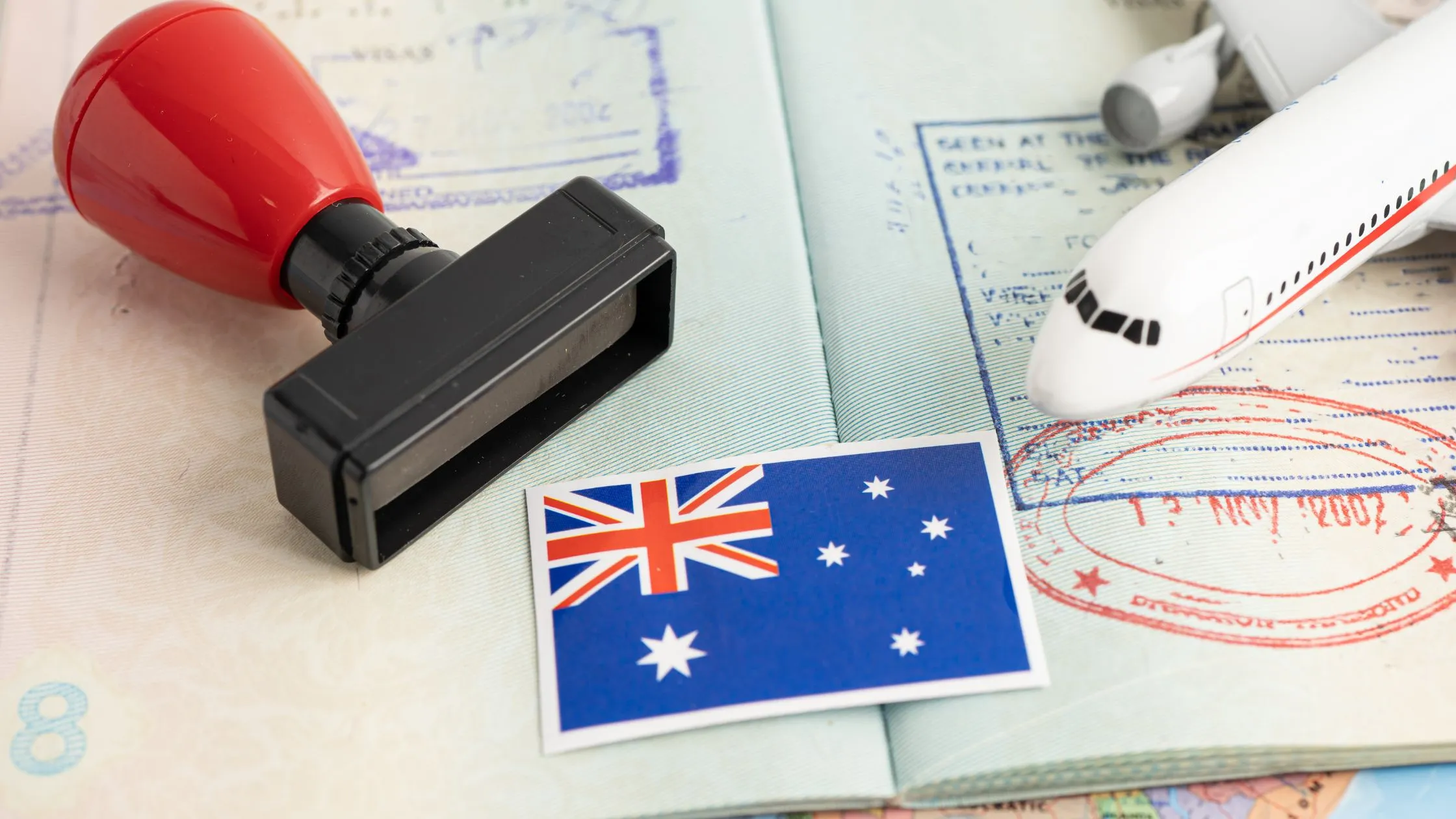Australia remains one of the most sought-after destinations for international students, thanks to its globally recognised universities, multicultural campuses, and strong post-study work opportunities. While the experience is enriching, it also involves adjusting to new academic expectations, lifestyle changes, and visa regulations. Understanding these elements early on helps students make informed decisions and prepare effectively for their journey.
Adapting to a New Academic System
Australian universities place a strong emphasis on independent learning, critical thinking, and open dialogue. This learning style may differ from the more structured or teacher-led environments found in other countries. However, students often find the approach empowering over time. Most institutions offer orientation programs, peer mentoring, and academic support services to ease this transition, ultimately boosting students’ confidence and employability in the global job market.
Budgeting and Cost of Living
According to a University Living report, international students in Australia need approximately AUD 29,710 annually to cover living expenses. Budgeting becomes a vital skill. Many students offset their costs by working part-time—up to 48 hours per fortnight during academic terms. Cities like Adelaide and Brisbane are known for more affordable housing and transportation options. Additionally, scholarships and student discounts on public services further lighten the financial burden.
Securing the Right Accommodation
Australia’s student housing landscape is evolving rapidly. Purpose-built student accommodation (PBSA) is on the rise, offering secure and well-connected options near major university campuses. Many students also opt for shared apartments or homestays, which provide both affordability and a cultural exchange experience. Early planning, considering regional campuses, and accessing university housing support can help students secure suitable living arrangements.
Understanding Visa and Work Regulations
Australia has recently updated its student visa framework to enhance clarity and fairness. The new Genuine Student (GS) requirement streamlines the process by which students demonstrate their intent to study. However, financial proof thresholds and English language requirements have increased to ensure academic preparedness. Despite these changes, post-study work rights of up to four years remain a significant attraction for students aiming to gain international work experience.
Health and Well-being Support
Student well-being is a key priority across Australian institutions. Universities offer a wide range of services, including mental health support, academic counselling, career guidance, and social clubs. With students hailing from over 200 countries, campuses are rich in diversity and foster an inclusive environment. Many institutions are also expanding access to professional and peer support, encouraging students to seek help whenever needed.
Balancing Study with Part-Time Work
Working part-time is a common and often essential part of student life in Australia. Jobs in retail, hospitality, and tutoring are especially popular. Besides helping with finances, these roles also enhance communication skills and provide valuable workplace experience. University career centres often assist students in finding jobs that align with their study schedules, ensuring academic priorities remain intact.
More Than Just a Degree
Choosing Australia for higher education offers international students more than academic qualifications—it equips them with life skills, intercultural experiences, and a stepping stone to global career opportunities. While initial challenges are part of the transition, those who plan, tap into support systems, and engage actively with the community often find their time in Australia both manageable and transformative.
For personalised support in navigating Australia’s student visa system, contact Bullseye Consultants—your trusted migration agent in Brisbane—and start your journey with confidence.









